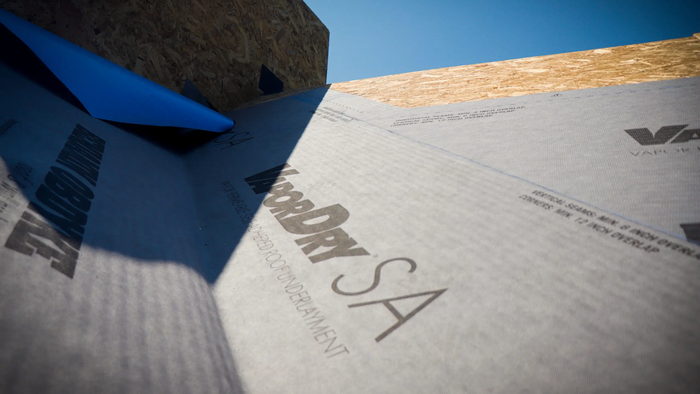A good construction economy is great for business—but be careful not to let it derail your company's future leadership plans.

Most prognosticators are forecasting a continued good construction economy through at least 2022. There are challenges, of course, from material and labor shortages to supply chain disruptions to inflation, to name a few. For most contractors, however, the future looks very bright indeed.
But boom times create a series of challenges for construction firms when it comes to business succession planning. What is likely to happen to business succession plans during boom times? Let's consider three alternatives:
1. Senior leaders hang on too long. Consider a hypothetical: a construction firm has a 60-year-old who has been saying for some time that she is going to retire by age 65. The company is now making more money than ever, and the chief executive is making more money than she ever thought she’d make. The money is so good, in fact, that she decides to postpone her retirement date. In a manner of speaking, she decides that she “can’t afford to retire.” The succession plan and timeline that she and her leadership group carefully developed and counted on goes out the window.
A further consideration in this scenario is that, because the company is so profitable, its valuation increases. That means the cost for her successors to buy into the company rises—perhaps dramatically. Whereas $100,000 paid out to successors in the form of bonuses might have bought 100 shares two years ago, in light of the increasing valuation it only buys 50, creating an ever-steepening purchase hill for future owners.
Still another consideration is that successors may be quite excited at the prospect of becoming an owner at age 50, but having to wait until age 55 or later seems much less enthralling, leading to discouragement, disillusionment, and erosion of the esprit de corps that formerly animated the company. Senior leaders who hang on too long inadvertently damage the firms they love.
2. Senior leaders get out too fast. This is the other side of the coin. The money is so good right now that a senior leader nearing retirement age may find that the opportunity to sail into the sunset has arrived sooner than expected. In a case like this, the senior leader may not allow enough time to prepare next-generation successors properly. An individual who owns 100% of his company can have a board meeting between his ears; decision-making is comparatively fast and easy. But if the plan is for three people to own the company upon the CEO’s retirement, decision-making won't be nearly as simple. They will have to build a system for how they're going to make decisions, for how they're going to hold each other accountable, and for the rhythm of how and when they're going to communicate. Successors need time to get ready, and the other employees will want to understand how the company will function under its new leadership. The new owners will have to keep their day jobs, and they also have to undertake the heavy lifting of administering the complicated machinery of running a business. The last thing a construction company needs in boom times is a leadership vacuum created by a CEO being too eager to get out the door.
3. Complacency. Complacency is a killer of construction businesses. As our senior consultant Bundy Bundesman says, "Construction is a tough business for tough people who make tough decisions!" No contractor can afford a sustained period of complacency. So how does complacency show up during boom times? The pace of work may cause adherence to standard operating procedures to diminish, and contractors lose their focus on fundamentals like days gained or days lost on projects. Business development efforts may get soft because the phone is always ringing. Go/n- go decisions are less rigorously debated due to arrogance or overconfidence because of the company’s track record of success. Gradually, the company finds itself softening and its muscles atrophying. Boom times create the exact opposite behavior from lean times; in a recession, every contractor assiduously tightens his belt. In boom times, however, the belt can slip looser and looser.
These three scenarios are problems of success, but they are problems, nonetheless. Construction is a tough business for tough people who make tough decisions, and you can’t afford to take your eye off ball now any more than you would have in recessionary times.
Wayne Rivers is the president of The Family Business Institute, Inc. FBI’s mission is to build better contractors! Wayne can be reached at 877-326-2493, [email protected], or on the web at www.familybusinessinstitute.com.
About the Author(s)
You May Also Like




